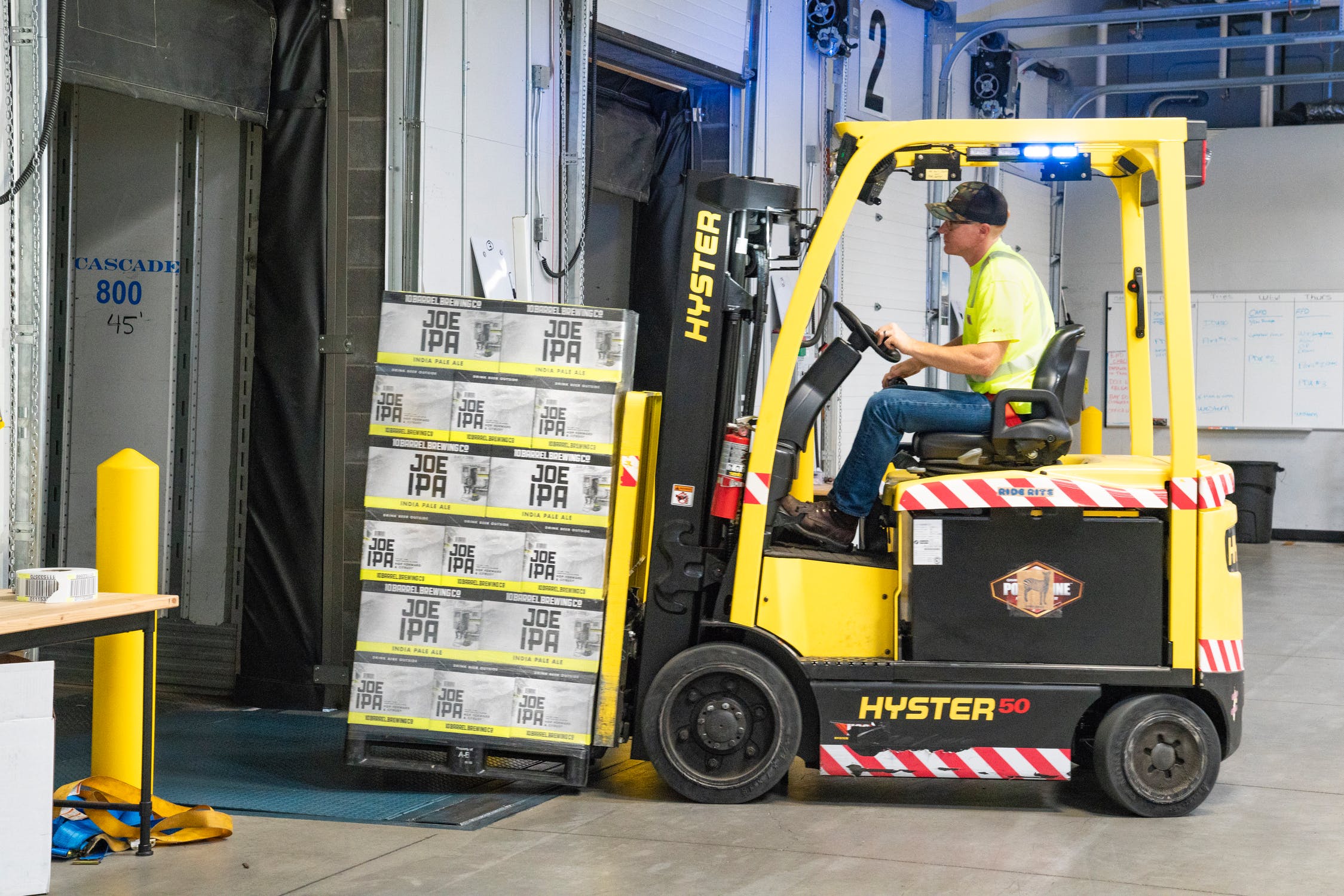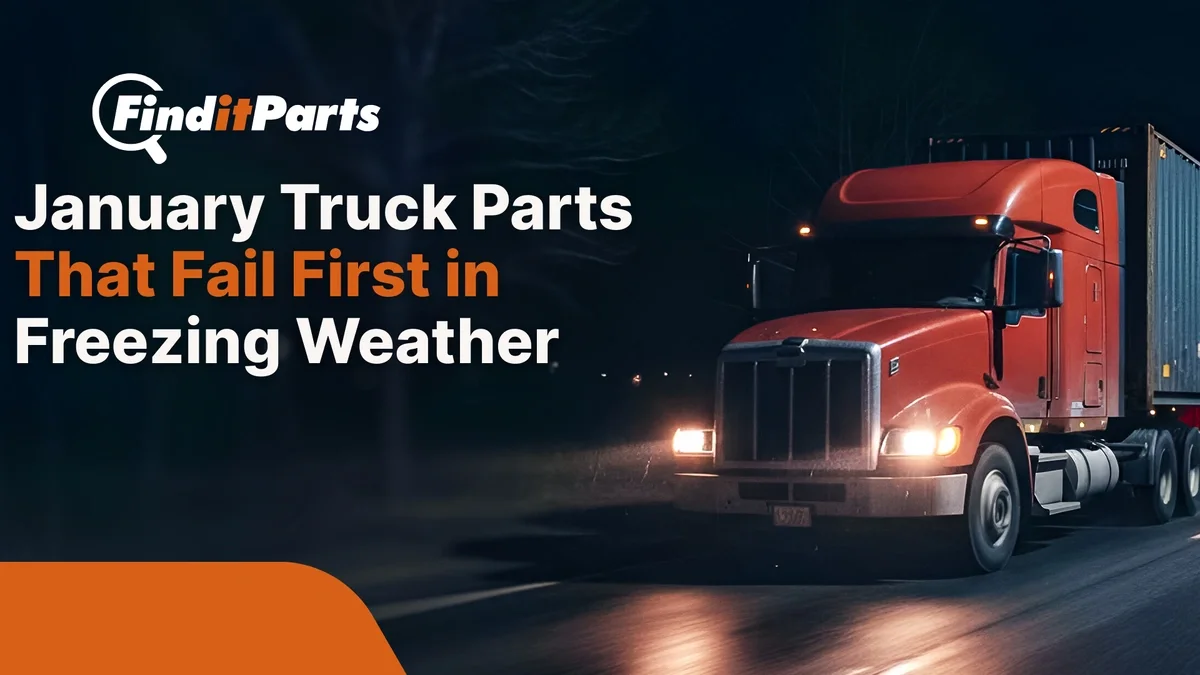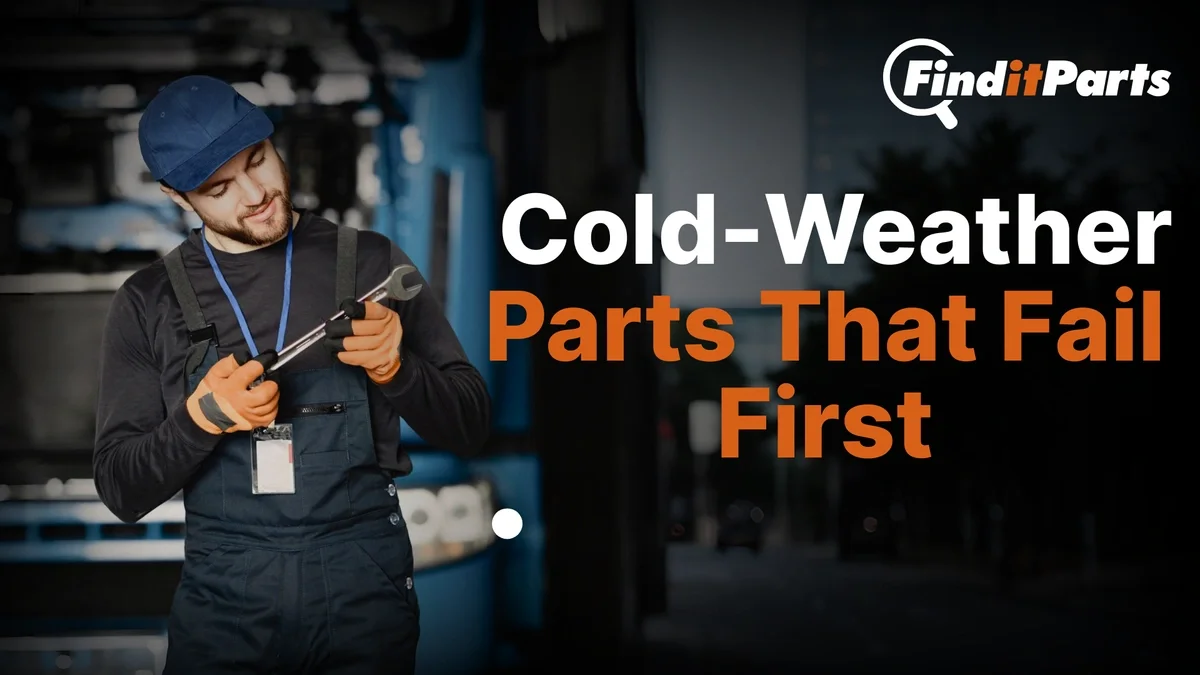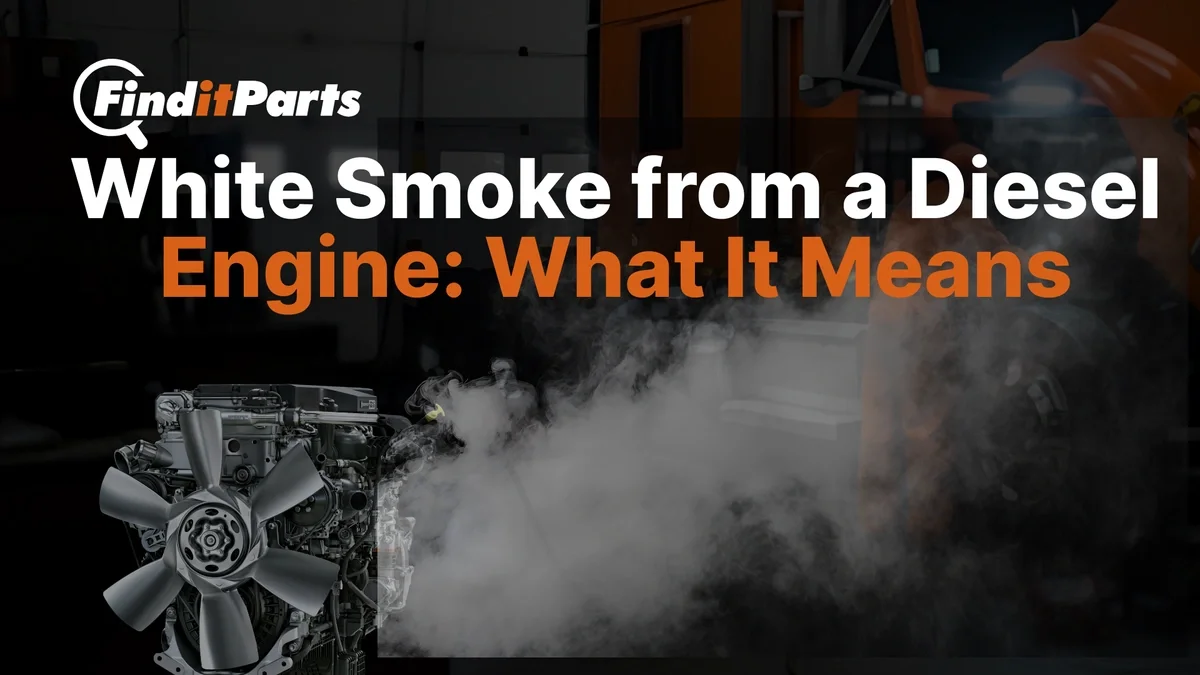Need help? We're here!
(888) 312-8812 Login Signup5 Helpful Tips to Avoid Costly Forklift Repairs
January 21, 2021

Image Source: Pexels
Forklifts won't be considered the backbone of manufacturing or industrial businesses for nothing. Such equipment alleviates the workload of employees and helps streamline the productivity of the workforce. But like other workhorses, forklifts can also do so much. Eventually, they will also succumb to wear and tear, rendering them ineffective.
The good thing about this is that they can be monitored in different aspects to prevent severe damage and breakdown. Whether you're a forklift driver or a forklift fleet operator, here are some tips to keep you from costly repairs:
Perform daily forklift checks.
One of the best ways to keep a forklift in tiptop shape is to give it a once-over every day or before each shift. The Occupational Safety and Health Administration (OSHA) recommends this to ensure the machine is working correctly before use. Daily checks will help you determine potential issues before they become serious and require costly service, or worse, cause worksite accidents.
Go around the forklift and find out the answer to these questions:
- Is there any visible physical damage to the machine?
- Are the necessary fluids—fuel, water, and hydraulic—topped up?
- Are the fork and hoses in good working condition?
- Are the brakes and safety devices (finger guards, seatbelts) functioning properly?
- Are the tires properly inflated and have the correct pressure?
- Is the operator compartment organized and clutter-free?
Your answers to these questions will determine if the forklift is safe for use for the entire shift or should be taken out of service and not be used until it is repaired.
If you manage a mixed fleet that includes trucks and other vehicles, it’s equally important to apply similar inspection routines. Consistent checks—like those that help keep trucks roadworthy and reliable—can go a long way toward preventing mechanical failures and costly downtime.
Commit to a proactive maintenance plan.
Forklifts are among the most critical pieces of machinery in a job site or warehouse facility. Conducting preventive maintenance yields long-term benefits that are well worth the investment. Proactive maintenance has proven to lower your cost of ownership. It can trim down machinery repair bills by 25% by identifying minor service issues before they escalate into major repair headaches.
A good preventative maintenance program also reduces the occurrence of unexpected breakdowns, which translates to less business downtime. This improves both the equipment's reliability and its resale value. Equipment breakdowns sometimes have a catastrophic outcome. Proactively maintaining your forklifts will enhance operator and workplace safety.
To ensure your business complies with OSHA's standards and safety regulations, consider hiring a professional company to develop a customized proactive maintenance program tailored to your fleet. Such companies can also take charge of following the manufacturer-recommended maintenance schedule for your forklift fleet or all the heavy equipment and machines in your facility. They employ trained and experienced technicians who will perform essential checks and tasks to keep your equipment working at peak performance. Most of these companies also offer proper training to forklift operators.
You can also take cues from vehicle upkeep practices, such as addressing liftgate problems through regular maintenance—a reminder that small, routine inspections help prevent major breakdowns in any machinery.
Train your forklift operators properly.
A forklift mishap can cause damage to a building, disrupt warehouse racking, or even injure people. Many forklift problems are due to operator error. For the safety of your warehouse and employees, it pays big time to provide proper training to those who operate forklifts. The operator should be familiar with the machinery's ins and outs and should be able to determine when the equipment is not in good working condition and when they are pushing the machine beyond its capabilities. This will also keep you from voiding the machine's warranty coverage, which often excludes issues caused by human error.
Operator training can be integrated into the fleet's preventive maintenance program. The training typically includes reviewing the operator's manual, familiarizing oneself with all the systems and controls, and understanding the machine's limitations. Most training programs also include examinations to assess whether operators have acquired sufficient knowledge and skills, particularly regarding pre- and post-forklift operation maintenance tasks.
Ensuring that your operators follow safe practices when handling heavy equipment not only protects your assets but also reinforces a culture of safety throughout the workplace.
Obey worksite rules.
There are guidelines to proper equipment use and worksite rules that the driver or operator should follow to ensure safe and smooth forklift operation. Make sure you drive the forklifts only on designated roadways and surfaces. Be attentive to your surroundings to avoid hazards. If possible, avoid bumps, slippery floors, holes, and other factors that can cause forklift accidents. Pay attention to all signs and heed all warnings, especially clearance heights in the building and the maximum allowed weight. Always watch out for the height of your load when entering or exiting the worksite.
Also, ensure that you operate the forklift at a safe speed. Follow the facility's speed limit and run slowly when turning on corners and changing directions to avoid tipping or rolling over. Maintain a safe stopping distance between your vehicle and the one in front of you to prevent accidents. Always allow sufficient space to bring the equipment to a safe halt when needed.
For those managing both forklifts and transport vehicles, it’s also worth adopting proactive habits that reduce truck repair expenses—such as following site regulations and performing consistent checks—to prevent unnecessary costs and downtime.
Never overload your forklift.
Like vehicles, forklifts also have load capacities that are safe for them to carry. Ensure that you do not exceed the maximum load capacity, as this can cause the equipment to tip over. Before you move your loads, check them carefully and ensure they are secure and won't shift as the forklift runs.
Proper load balancing is crucial for forklift operation safety. Lifting a load too high can also cause the equipment to tip over. If you've got a heavy load, make it a point to secure it beyond the tip of the forks. It would be best if you balance your load by driving using back tilt or mast vertical. Secure your cargo during transport by tilting it back and lowering the forks. If the loads aren't stable yet, don't operate or move the forklift. You may secure your cargo using ropes or straps.
If you or your technician discover that some forklift parts need replacement during your daily or scheduled inspection, FinditParts is ready to help. From air and oil filters to replacement forks and forklift safety posters, we’ve got everything you need to keep your equipment in top condition. Our massive online inventory features high-quality components from the world’s leading OEM and aftermarket brands, covering light-, medium-, and heavy-duty trucks, commercial vehicles, buses, motor coaches, and heavy equipment used in agriculture and industrial operations.
To help plan your maintenance schedule more effectively, it’s also helpful to know which are the most commonly replaced heavy-duty truck parts—many of these components experience similar wear patterns in forklifts. By understanding which parts tend to wear out faster, you can stay ahead of potential failures and prevent unexpected downtime.
Forklift maintenance should be taken seriously, and FinditParts is ready to be your trusted partner in keeping your equipment running safely and efficiently.



